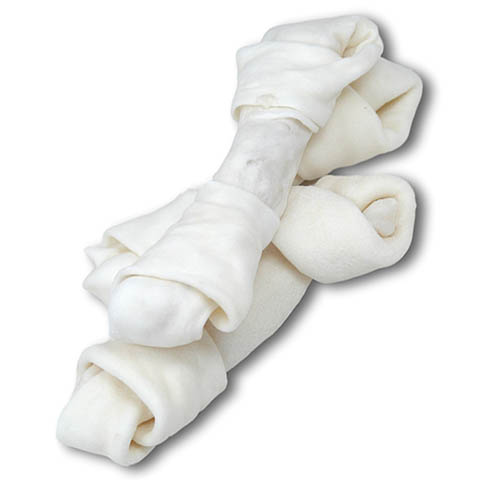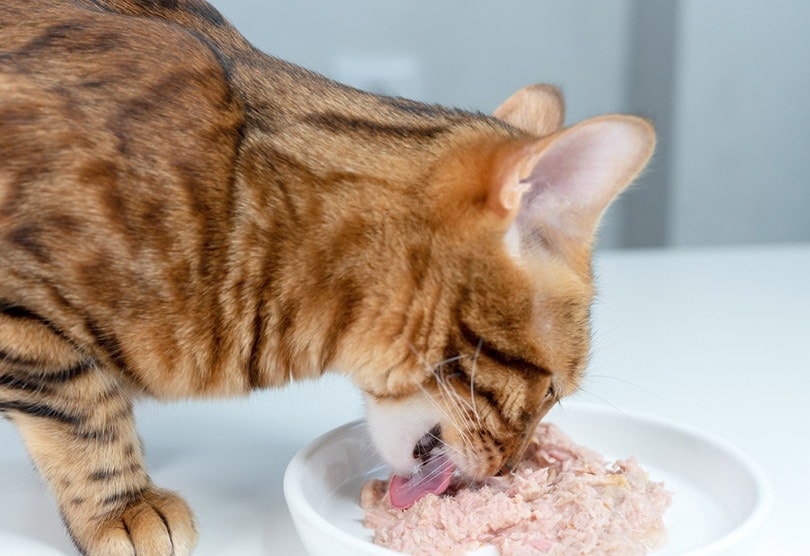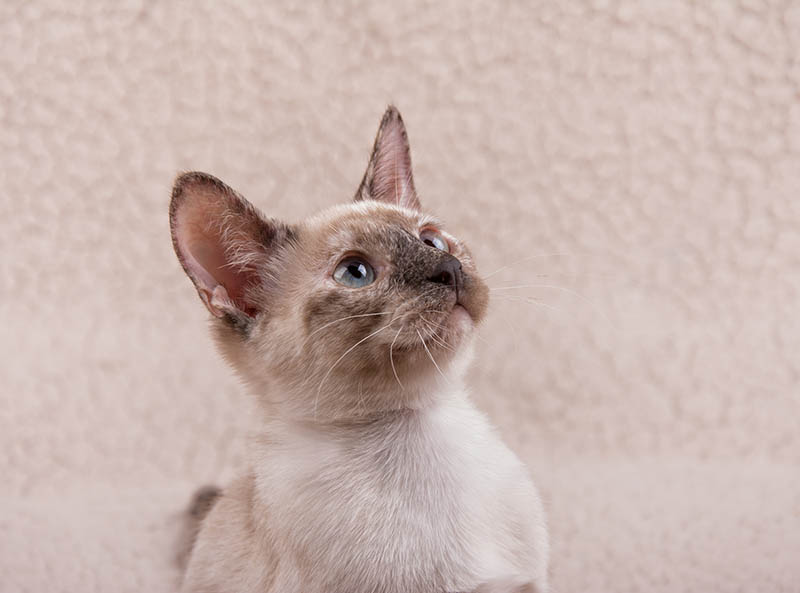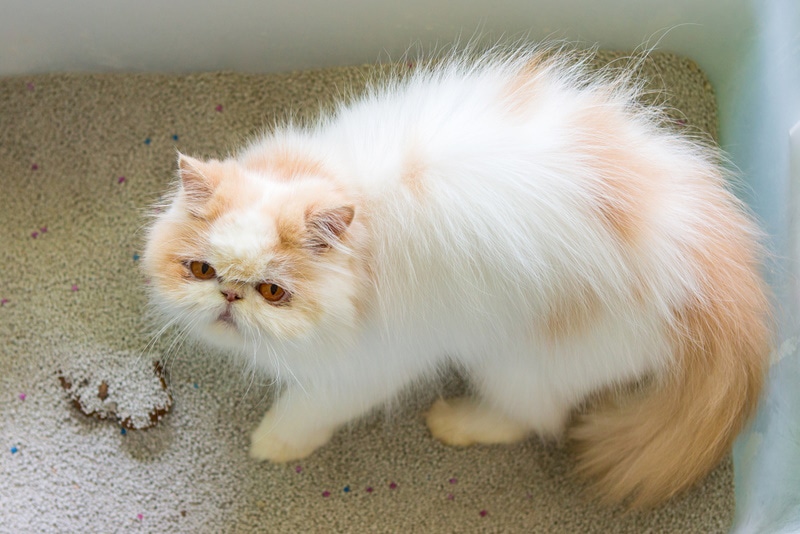Can Cats Eat Rawhide? Vet-Approved Health & Safety Guide

Updated on
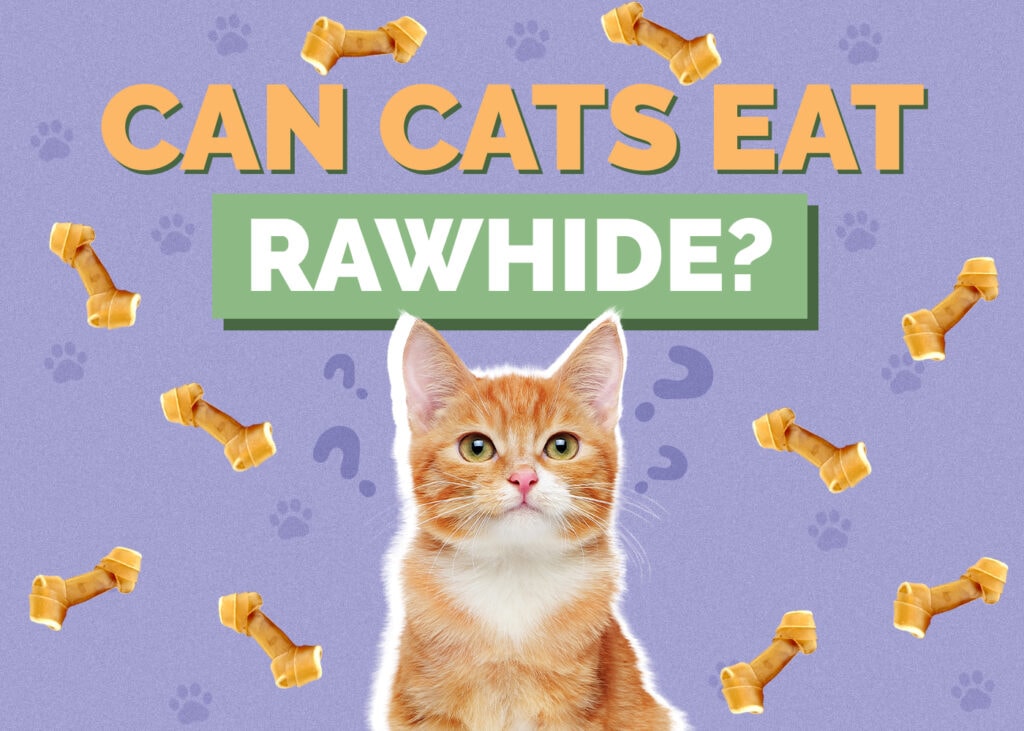
It’s possible for a cat and dog owner to wonder if dog chews are suitable for their cats, especially if they’ve been found chewing on undesirable items throughout the house. There’s significant debate about rawhide’s safety for dogs, and rawhide is not a safe option for a cat.
In fact, most dog chews aren’t safe for cats because they are designed for dogs’ jaws and nutritional requirements. Cats are not small dogs, so the type of treats you provide them should be different, too. Luckily, there are treats designed for cats that are safe and nutritious.
 Is Rawhide Safe for Cats?
Is Rawhide Safe for Cats?
Without getting into the details, there’s a lot of debate surrounding the safety of rawhide for any animal. The Humane Society of the United States and the ASPCA both discourage the use of rawhide as a pet chew and list it as a dangerous household product.
Can Cats Eat Dog Bones?
There are different opinions on the subject; some claim that they can be safe and others say they can’t. Cats are obligate carnivores and require meat protein to stay healthy. Meat bones provide more protein content than raw bones, however, we strongly suggest you avoid giving bones to cats. Their smaller teeth are not suitable for chewing on large bones.
What Kind of Chew Is Safe for Cats?
What Kind of Bones Is Safe for Cats?
Again, there are different opinions on this topic. Both raw and cooked bones have different types of hazards. Cooked bones become brittle and splinter and cause an internal injury or choking, which can potentially be fatal. Raw bones on the other hand, can also become lodged in your cat’s gastrointestinal tract plus they might carry food-borne bacteria. If you want to get the nutritional benefits of bones, the safest option is to grind them down and mix them into their diet, but we highly recommend speaking to your vet or cat’s nutritionist if you feel your cat needs calcium supplementation. If your decide to feed your cat bones, always supervise them while they eat them
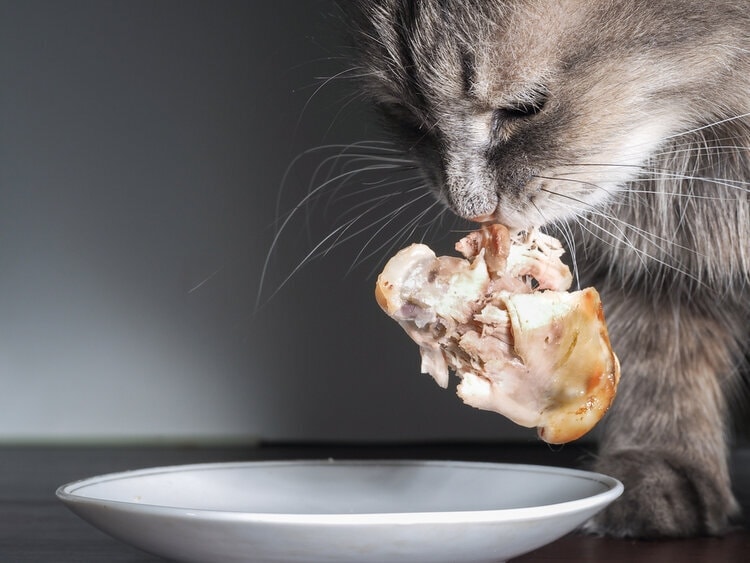
Why Isn’t Rawhide Safe?
Rawhide bones pose a choking hazard for both dogs and cats. When your pet swallows a large piece of rawhide, it can get stuck in its esophagus or other parts of its digestive tract. Rawhide is difficult for animals to digest, and it doesn’t break down the way other bones do.
Can Cats Eat Dog Treats?
While feeding your cat the occasional dog treat won’t hurt them, they shouldn’t be fed frequently. Dog food and dog treats don’t contain the same nutrients as cat food and treats. They are lower in taurine, and they are designed to promote canine health rather than feline health. If you feed your cat too much dog food or treats, they will become deficient in specific nutrients.
Can Cats Eat Bully Sticks?
Cats aren’t natural chewers like dogs are, so it can be harder to find things they like to chew on. Bully sticks won’t hurt your cat from a nutritional standpoint, but they are hard to chew and are designed for dogs that like to gnaw for hours at a time.
If your cat is a chewer, you should speak to your vet and understand the reasons for this behavior first. It is possible that your cat has a condition called pica. Cats with pica chew and eat non-edible materials and the reasons behind this behavior are not well understood. Your vet or cat behaviorist can help you find a solution for you and your cat.
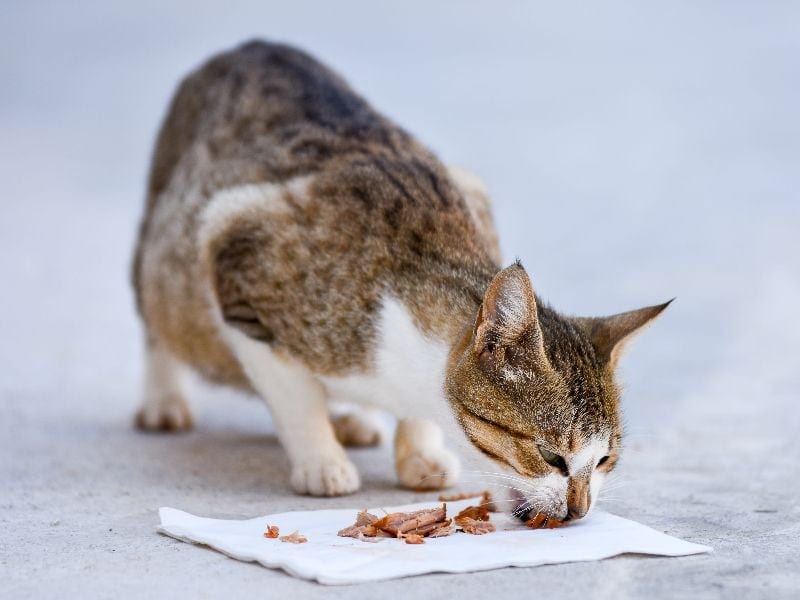
Is Catnip Safe for Cats?
There’s no evidence that feeding cats or kittens catnip is harmful. However, if they eat too many fresh or dried catnip leaves, they can develop an upset stomach, diarrhea, or vomiting.
Why Does My Cat Nibble on Me?
There are several reasons why cats may nibble on you such as grooming, playing, or petting-induced aggression. If this behavior is frequent in your cat, it’s best to speak to your vet for professional advice..
Is Canned Tuna a Safe Treat for Cats?
Cats love to chow down on canned tuna, and tuna is safe to give your cat as an occasional treat. Feeding a steady diet of canned tuna can eventually lead to health problems as it doesn’t have the complete nutrition your cat needs to stay healthy. Long-term, too much tuna can also lead to mercury poisoning.
Now that you know what you can safely feed your cat, it’s just as important to find a bowl that supports their health and well-being. With whisker-friendly bowls and a wide tray to catch any spills, our Hepper NomNom Cat Bowl is our favorite option.
 Conclusion
Conclusion
Rawhide is not considered a safe option for cats. Cats don’t have a natural tendency to chew, so if you find your cat chewing on items or trying to steal food, it’s time to speak to your vet and make sure there is no underlying health condition behind this behavior. While the occasional dog treat won’t harm your cat, your cat should consume food and treats that are designed to meet their unique nutritional needs.
Featured Image Credit: Photo Melon, Shutterstock

 Is Rawhide Safe for Cats?
Is Rawhide Safe for Cats?